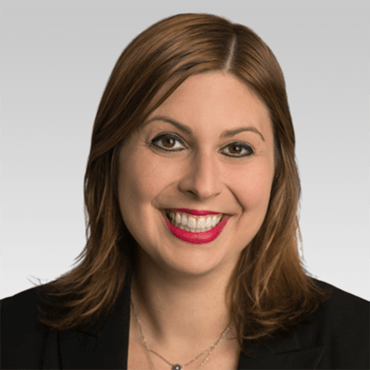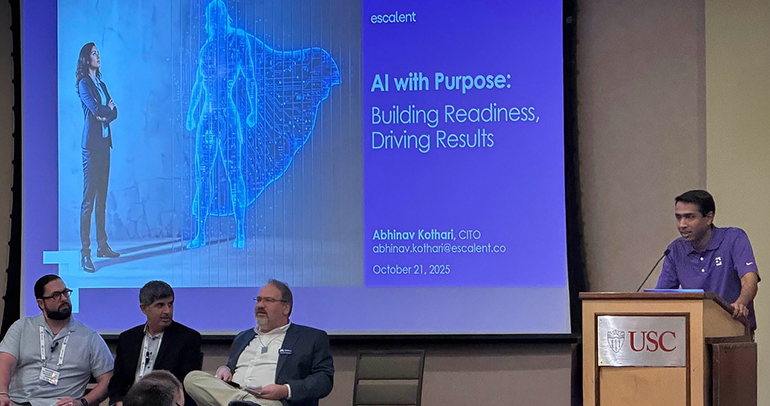
The benefits of financial wellness programs can be plentiful. When effectively deployed, plan sponsors are quick to tout higher 401(k) participant rates, stronger employee retention and improved employee productivity rates stemming from enhanced financial health. As per plan sponsors from our latest research:
“It has shown positive impacts on reducing stress and increasing productivity in our employees.”
“This is a huge benefit and differentiator to retain and attract employees.”
“We have seen 401(k) participation rates go up.”
The catch? Getting plan participants to use the financial wellness programs offered by their employers.
Our new DC Participant Planscape™ report from Cogent Syndicated reveals that the perception of not needing any help is the greatest barrier to financial wellness program use among participants. In fact, three in ten non-users (30%), most visibly millennials and second wave baby boomers, believe they are fine operating independently.
Upon deeper analysis, non-users who report not needing any help are significantly less likely to be working with an advisor compared with those who use financial wellness programs (50% vs. 89%), confirming the former cohort’s autonomous nature and underscoring the positive impact financial advisors can have on participants’ behavior.
Plan providers and third-party vendors must also be willing to address other common barriers to financial wellness program adoption including participants not knowing where to begin, cited by nearly one-fifth (18%) of non-users. Showcasing the need for increased education and awareness, millennials (14%) are more likely to admit that they don’t know what services are available compared with Gen Xers (3%). Meanwhile, lack of time (25%) and concern about hidden costs (18%) are Gen Xers’ top hurdles to adoption.

Of course, there are life events and financial decisions that trigger plan participants to seek out financial wellness programs—planning when to retire, for instance, is a chief motivator. Other common tasks plan providers can weave into their respective outreach include helping participants create retirement income streams, decide when to take Social Security and determine how to invest retirement plan contributions.
Younger cohorts, meanwhile, are significantly more likely to mention household budgets, buying homes, paying back student loans and the birth of children as influential life moments that would compel them to use financial wellness tools—areas where plan providers have an opportunity to infuse and bring life to their market messaging and segmentation efforts.

The good news? Once plan participants have a chance to experience these offerings firsthand, they start becoming more satisfied. After weaker ratings last year, financial wellness offerings are now deemed more effective, validating industry improvement efforts. In fact, the five most used offerings among participants are netting higher ratings: retirement income planning, health savings account (HSA) guidance, online financial planning tools, financial advisors/coaches and mobile apps.
Of course, there’s also an opportunity for continued innovation. According to the report, nearly half of plan participants said it would be “very helpful” to have annual financial wellness checkups about their retirement plan and other financial matters (HSAs, emergency savings, investing, debt management, etc.) during their employer’s annual benefits enrollment period. Millennials reacted with the greatest enthusiasm (53%) to the notion of having more routine, personalized checkups compared with Gen Zers (38%) and second wave baby boomers (35%).
DC Participant Planscape offers firms a unique understanding of what drives participant contribution and investment behavior. The report benchmarks the top plan providers on key satisfaction drivers and brand engagement metrics, monitors the brand perceptions of leading investment account providers and identifies the firms best positioned to capture rollover assets.
For more information on the full report, click below.









